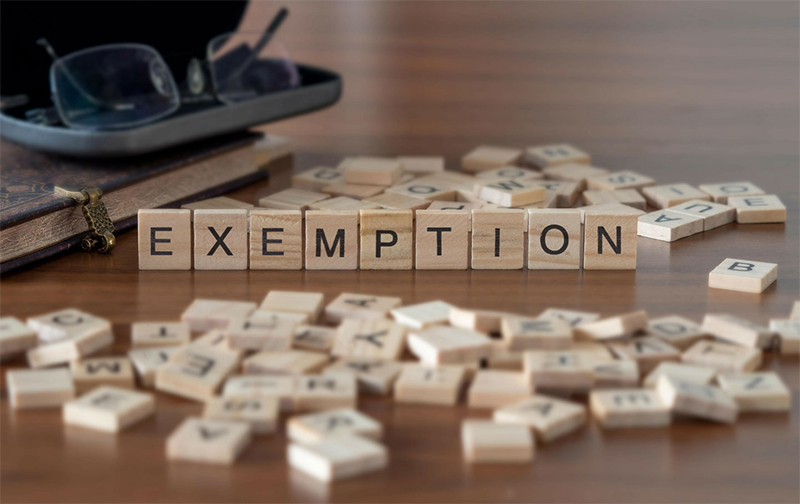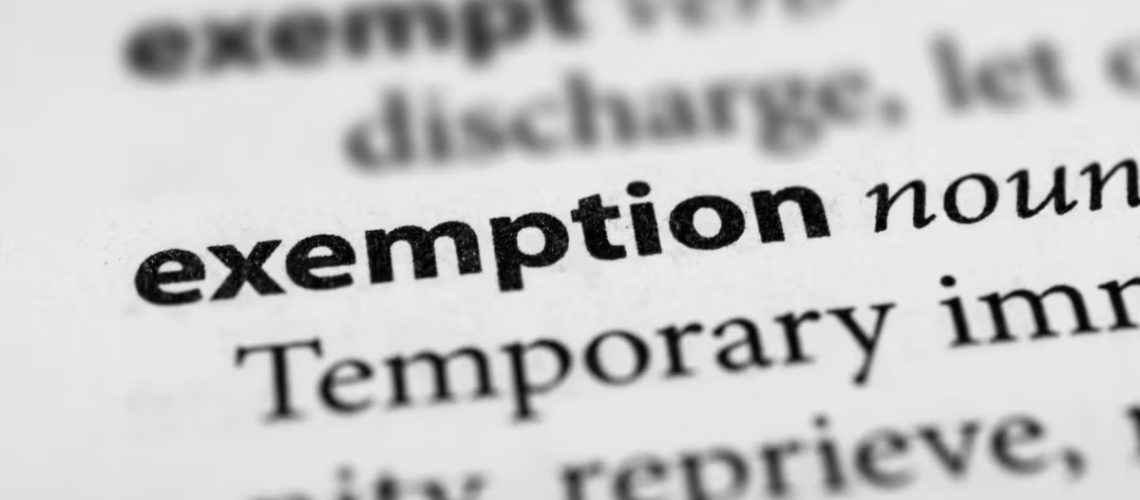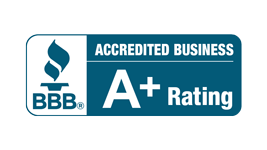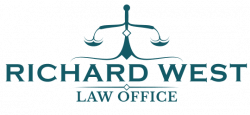Chapter 7 Exemptions in Columbus
In Columbus, Ohio, Chapter 7 bankruptcy exemptions allow individuals to protect certain assets from being liquidated to pay off debts.
The specific exemptions include a maximum allowed equity of $145,425 in a primary residence, $1,700 in cash on hand, $4,450 in motor vehicle value, and exemptions for household goods, jewelry, and personal injury compensation. [1]
For married couples filing jointly, these exemptions are doubled, allowing them to protect even more of their assets. In the bankruptcy process, a bankruptcy trustee is appointed to oversee the case. The trustee’s role includes selling non-exempt assets to repay creditors.
The exemptions protect certain assets, allowing individuals to keep their homes, cars, and other essential belongings.
Bankruptcy Trustee and Exemptions
Navigating the complex process of bankruptcy in Columbus, Ohio involves working with a bankruptcy trustee who is appointed to oversee the case.
This individual plays a vital role in administering the bankruptcy estate, ensuring that creditors are paid fairly, and guiding the debtor through their obligations. [2] Knowing which exemptions apply in Columbus, can make a significant difference in the outcome of a bankruptcy case, providing a fresh start while safeguarding key assets.
Exemptions and Their Impact on The Bankruptcy Process
In Ohio, bankruptcy exemptions allow individuals to safeguard certain types of property from being used to satisfy their debts. These exemptions are pivotal in assisting individuals in retaining some of their assets while still going through the bankruptcy process.
In Chapter 7 bankruptcy, exemptions play a significant role in determining which property can be retained. The filer can keep exempt property while non-exempt property may be sold to settle debts.

Federal and State-Specific Exemption Options in Columbus, Ohio
In Columbus, Ohio, the state-specific exemption options for bankruptcy differ from the federal exemptions in several key ways. Ohio requires the use of state-specific exemptions, while in other states, debtors may be given the choice between federal and state options.
The Ohio exemption list is often enough to protect most assets, making it unnecessary for residents to consider the federal exemptions. When filing for Chapter 7 bankruptcy in Ohio, individuals can take advantage of state-specific exemptions to protect their assets from liquidation.
Some differences between the federal and Ohio exemptions include the types of property that can be exempt, the dollar amount of exemptions, and the ability to use unused exemptions for the homestead exemption.
Ohio residents must use the state-specific exemptions provided under Ohio law, which can provide a greater level of asset protection compared to the federal exemptions.
Personal Property Exemptions in Columbus, Ohio
In Columbus, Ohio, personal property exemptions protect certain assets from being seized to pay off debts, providing a level of protection for individuals and families in difficult financial situations.
By familiarizing themselves with the exemptions available in Columbus, individuals can ensure that essential items such as vehicles, household goods, and work tools are safeguarded in the event of financial challenges.
Whether facing bankruptcy or simply seeking to protect assets from creditors, being informed about personal property exemptions in Columbus is a crucial aspect of financial planning and legal strategy.
Real Estate Exemptions and Limitations Under Chapter 7 Bankruptcy
In Columbus, Ohio, real estate exemptions and limitations under Chapter 7 bankruptcy are determined by the state’s exemption amounts and guidelines. For primary residence equity, individuals can exempt up to $145,425 of equity in their home. This means that if the equity in their primary residence does not exceed this amount, it is considered exempt from the bankruptcy process. [3]
There are limitations on these exemptions, and any property that exceeds the specified exemption amounts may be subject to liquidation in order to satisfy creditors.
Individuals filing for Chapter 7 bankruptcy in Columbus must understand these limitations and how they may impact the bankruptcy process. Proper knowledge of exemptions and limitations is required to protect assets and ensure a smoother bankruptcy process in Ohio.

Discussion on Homestead Exemption for Primary Residences in Columbus, Ohio
The homestead exemption is a program available statewide, allowing qualified senior citizens and permanently and totally disabled homeowners to lessen their property tax burden. This is done by protecting a portion of the appraised value of their home from taxation, and it takes the form of a credit on their property tax bills.
The homestead exemption for senior and disabled persons enables eligible homeowners to exclude the first $26,200 of their home’s assessed value from taxation.
The enhanced homestead exemption for disabled veterans and the homestead exemption for surviving spouses of public service officers killed in the line of duty enables eligible homeowners to exempt the initial $52,300 of their home’s appraised value from taxation as determined by the auditor. [4]
The homestead exemption can protect equity in a primary residence by reducing the property tax burden, allowing homeowners to maintain more of their equity.
This protection extends to assets such as the home itself and the land it sits on, as well as any improvements made to the property.
Unsecured Debts and Exemptions
Unsecured debts that can typically be discharged in a Chapter 7 bankruptcy in Columbus, Ohio include credit card debt, medical bills, personal loans, and utility bills.
Exemptions available in Ohio to protect certain property in a Chapter 7 bankruptcy include homestead exemptions to protect a certain amount of equity in a primary residence, and exemptions for personal property.
In a Chapter 7 bankruptcy filing, unsecured debts are addressed by the bankruptcy trustee who liquidates the debtor’s non-exempt assets to repay creditors.
The debtor may also have the option to negotiate a payment plan with creditors. For secured debts, the debtor usually has the option to surrender the collateral, restructure the debt through a repayment plan, or redeem the collateral by paying its current value to the creditor.

If you are interested in filing for Chapter 7 bankruptcy, the experienced bankruptcy attorneys at The Law Office of Richard West are here to help. Call today for a free consultation.
FAQs
You’ll be able to exempt up to $4,450 of equity in one vehicle. (Ohio Rev. Code Ann. 2329.66(A)(2).) But if your car is financed, you’ll have to meet other requirements. [5]
A bankruptcy trustee is a person appointed by the United States Trustee, an officer of the Department of Justice, to represent a debtor’s estate in a bankruptcy proceeding.
The specific exemption is a maximum allowed equity of $145,425 in a primary residence. [1]
Sources:
[1] Team, T. U., & Wimmer, A. A. (2022, March 31). What Are the Ohio Bankruptcy Exemptions? Upsolve. https://upsolve.org/learn/oh-exemptions/#ohio-bankruptcy-exemptions
[2] Attorney, C. O. (2023, December 15). Filing for Bankruptcy in Ohio. www.nolo.com. https://www.nolo.com/legal-encyclopedia/filing-bankruptcy-ohio.html#7
[3] Finet, J. P., J.D. (2023, April 23). Ohio Bankruptcy Exemptions and Law [Review of Ohio Bankruptcy Exemptions and Law]. FINDLAW. https://www.findlaw.com/bankruptcy/bankruptcy-laws-by-state/ohio-bankruptcy-exemptions-and-law.html
[4] Franklin County Auditor. (n.d.). https://www.franklincountyauditor.com/real-estate/homestead
[5] Attorney, C. O. (2023, December 15). Ohio Bankruptcy Exemptions. https://www.nolo.com/legal-encyclopedia/ohio-banruptcy-exemptions.html




